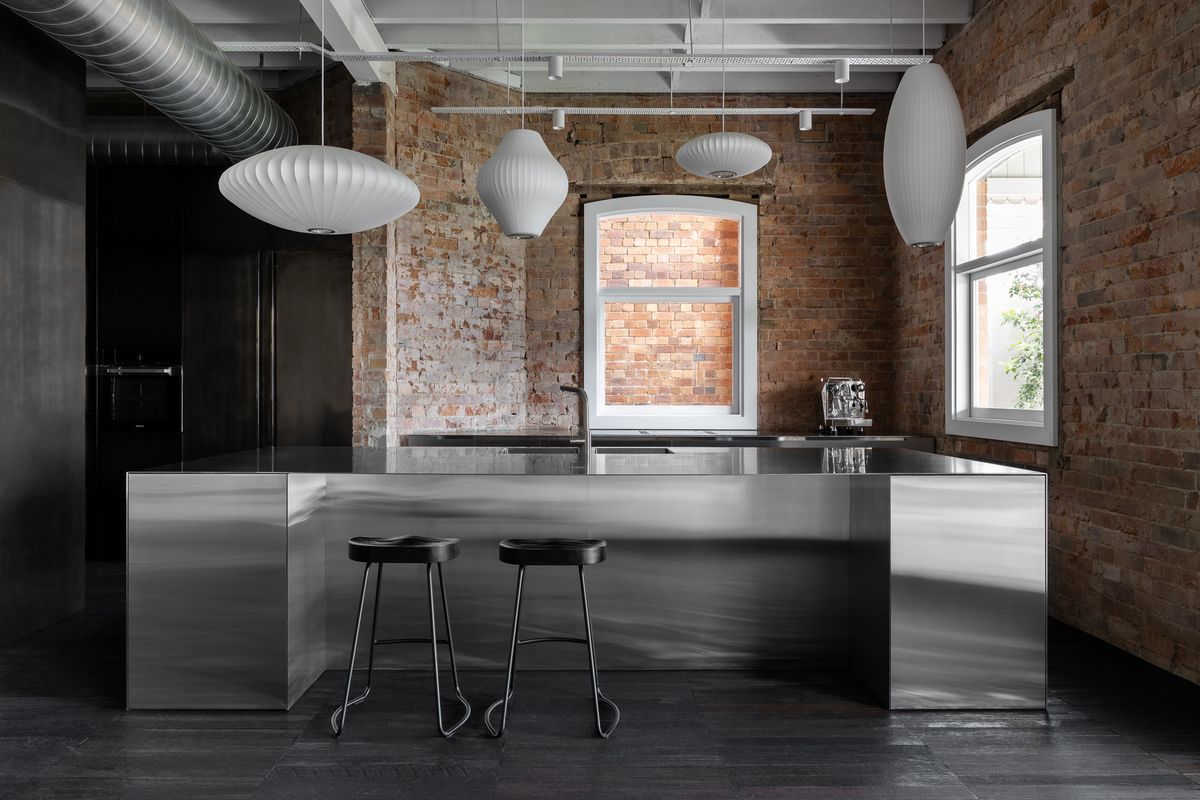
Deciding between renovation and a full knockdown rebuild can pose a challenge. Homeowners often find themselves at a crossroads, contemplating whether to pursue a renovation or embark on the more daring path of a complete knockdown and rebuild. Each option presents its own set of advantages, complexities, and costs.
When we talk about knockdown-rebuild we are refering to demolition of an exisitng building or most of the building to rebuild and restructure it from its original function. On the other hand renovation referes to minor works made to retrofit an existing building
Short Summary
- Assess damage & set realistic goals for home rebuild
- Choose experienced professionals and budget wisely
- Consider local by-laws, aim for eco-conscious designs, and seek specialists based on project needs.
- Preserves character and charm of older properties, potentially attracting certain buyers.
- Consider factors like the age of the home, block suitability, inconvenience, and market conditions.
Evaluate the cost-effectiveness of renovation vs rebuild
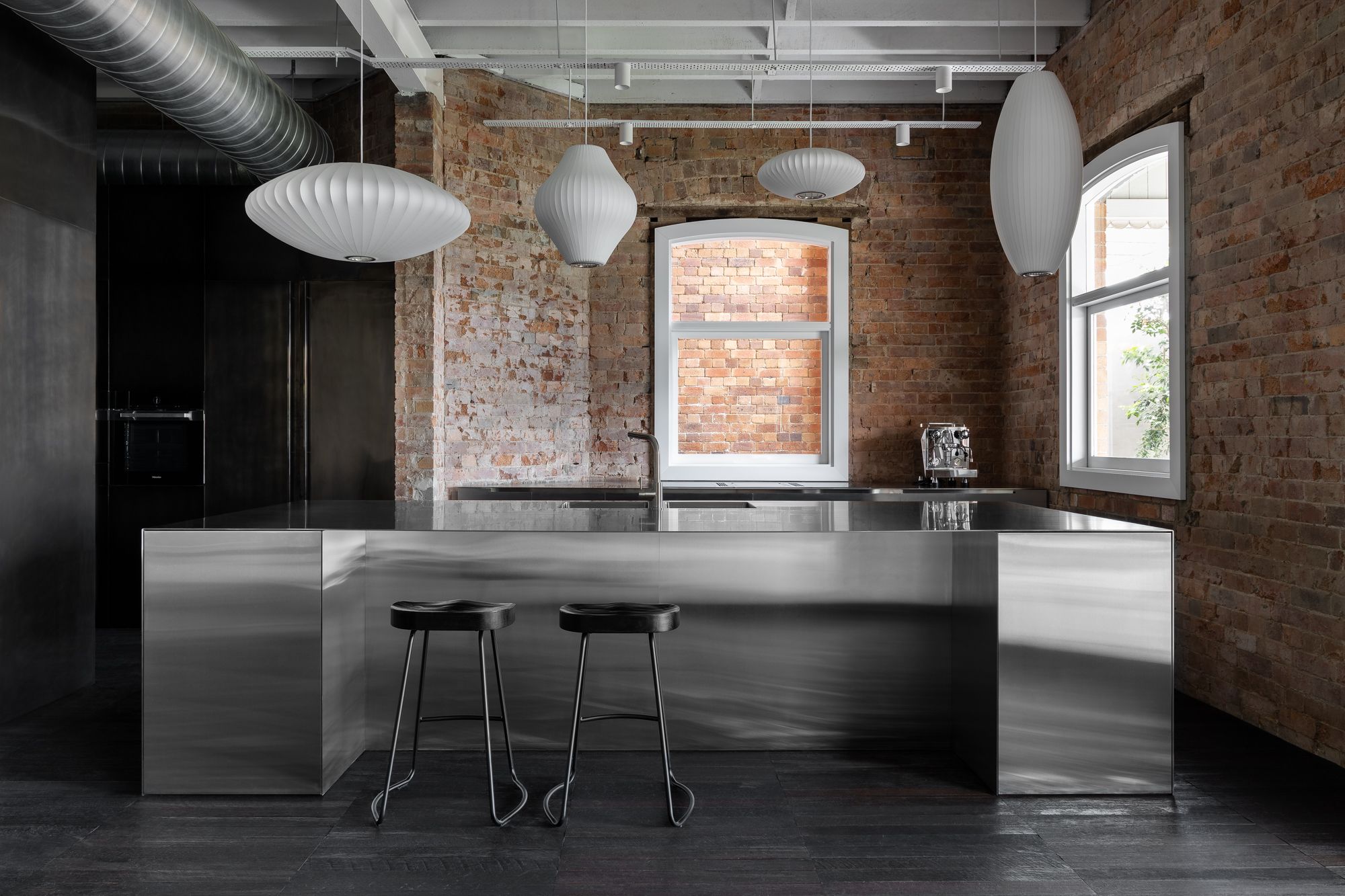
The decision to renovate or rebuild often comes down to financial considerations. While thorough renovations, especially those involving significant structural modifications, can sometimes exceed the cost of building from scratch, it's important to weigh the options carefully.
In light of the COVID-19 pandemic, the ABS suggests that the average cost of building a home in Australia is approximately $473,000, encompassing both houses and units. Keep in mind that the cost of construction varies based on factors such as location, site conditions, finishes, and design. On average, you can expect the cost to range between $620 and $3,900 per square meter. It's worth noting that this estimate excludes expenses related to design, decoration, planning permits, site works, or any unforeseen costs.
According to the ABS report, the average size of a dwelling in Australia is 248 square meters, which translates to a build cost of approximately $320,238. Opting for a rebuild gives you the opportunity to customise every aspect of your home, while renovations can sometimes feel like fitting a square peg into a round hole – challenging and potentially costly.
Many home builders now offer customisable foundation designs, providing a perfect balance for those seeking a personalised touch without starting from scratch. It's crucial to consider the long-term expenses as well. Newly built homes generally require less maintenance, are less prone to pests, boast enhanced energy efficiency, and often come with a builder's warranty.
When deciding between renovating and rebuilding, carefully evaluate your options, taking into account your budget, preferences, and the long-term benefits of each approach.
Consider the age of the home
When considering the age of a home, it's important to take into account various factors. Older houses with character, such as beautiful timber floors and decorative ceilings, are often worth preserving, even if they come with potentially higher renovation costs. Not only does this contribute to preserving history and architectural heritage, but it also lends your home a unique charm that can't easily be replicated.
On the other hand, when dealing with older, featureless properties that lack distinctive elements, a knockdown rebuild may be the more suitable option. By carefully evaluating the specific characteristics and potential of a home, you can make an informed decision that aligns with your preferences and long-term goals.
Evaluate the market conditions
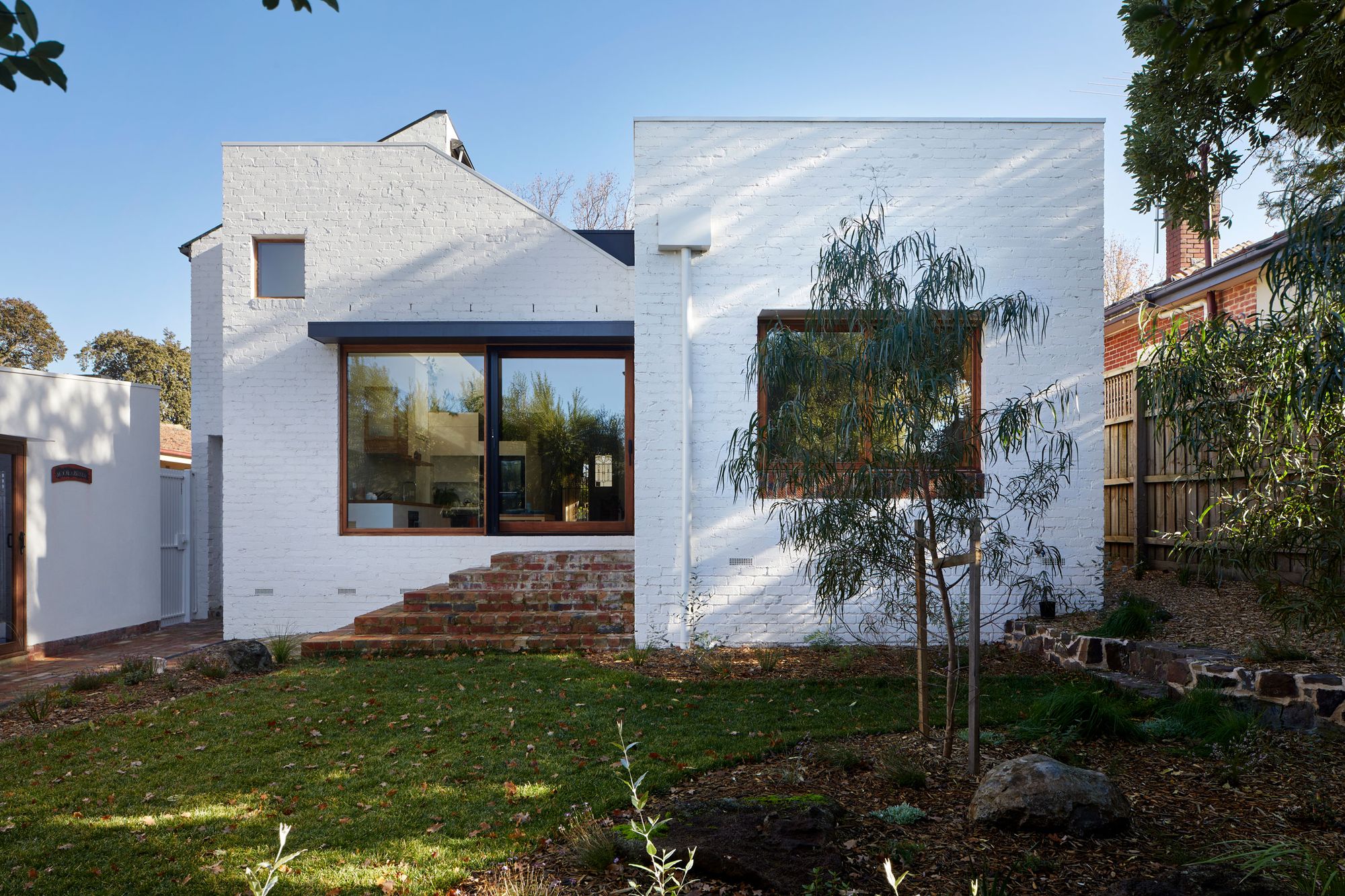
A knockdown rebuild is an attractive option in sought-after areas where vacant land is scarce and where there's minimal risk of overcapitalisation. If unsure, consult a local real estate agent to understand the local market. In poorly performing suburbs, smaller, cost-effective renovations might be more sensible. If you're looking to increase your home's value for the purpose of selling, make sure that any changes align with what buyers in the area are expecting.
Assess the block's suitability for construction
When it comes to building on different blocks, some can pose more challenges than others. For instance, rebuilding on a flat block is often simpler and more cost-effective compared to a sloping one.
However, there are other factors to consider as well, such as dealing with boundary setbacks, addressing problematic vegetation, and complying with local planning laws. These elements can greatly influence your decision-making process. To ensure you make the best choice for your project, it is advisable to have a discussion with a qualified builder, architect, or engineer. They can provide valuable insights and help you assess whether renovation or a complete rebuild is the most appropriate approach, taking into account your project goals and the specific constraints of your block.
Navigating Building Permits and Regulations
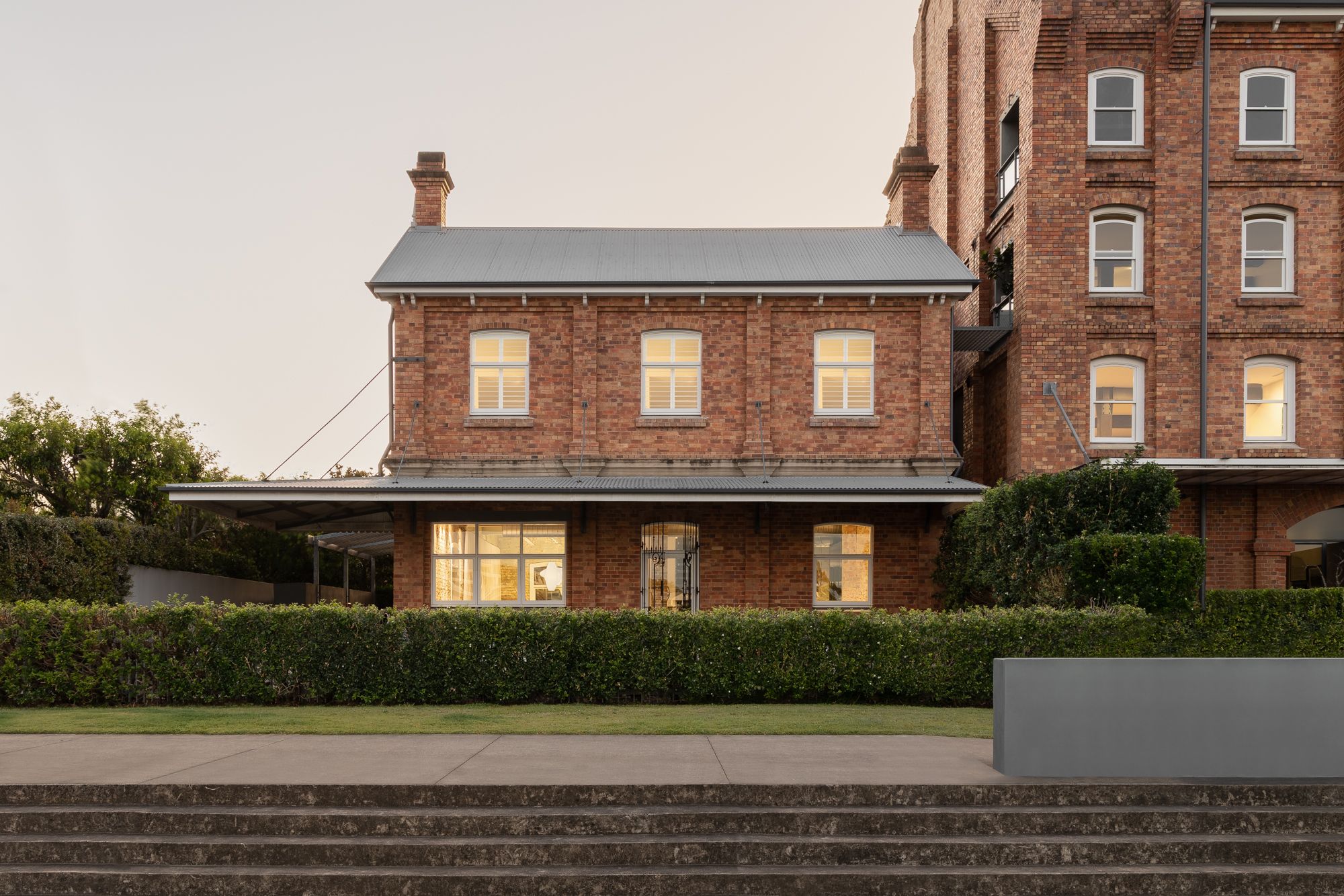
To ensure that your home rebuild meets all necessary requirements, it is crucial to familiarise yourself with local building permits and regulations. These permits and regulations may vary depending on your location, so it is vital to consult with your local government or building authority for specific details.
Obtaining a building permit typically involves submitting an application, providing project plans and specifications, and paying the required fees. Similarly, obtaining a planning permit may require submitting an application, including project plans and specifications, and paying associated fees.
By understanding and adhering to local building permits and regulations, you will ensure a compliant home rebuild and avoid potential fines or setbacks. It is important to prioritise compliance to create a safe and hassle-free construction process.

Five advantages of a knockdown rebuild:
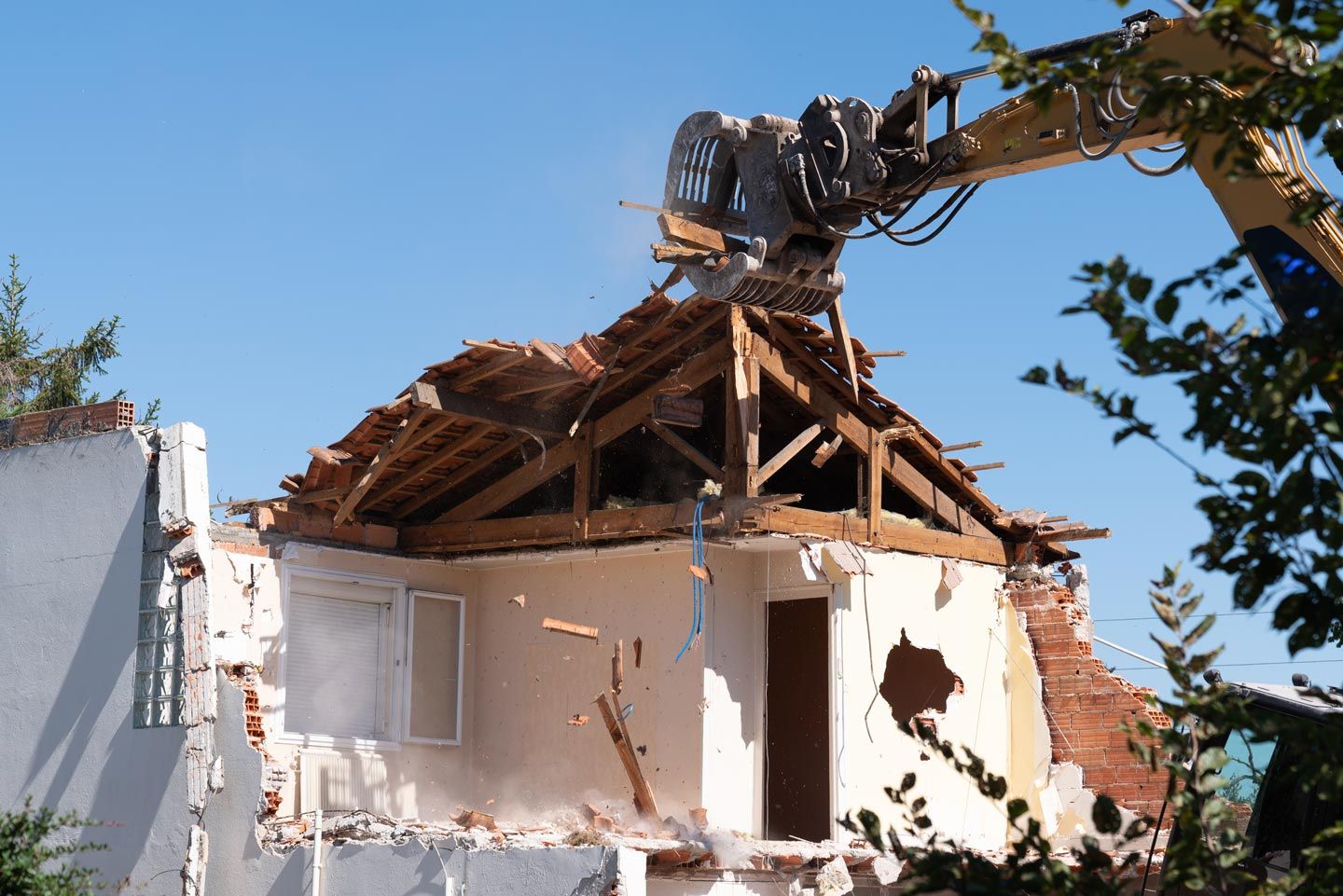
When considering building new structures versus renovating existing ones, there are several advantages to constructing new buildings.
- It could be more economical under certain circumstances, allowing for budget-friendly development.
- New structures typically have fewer surprises, saving time and money by avoiding unexpected repair and maintenance issues that older structures might present such as the roof, walls, windwoes and structural elements.
- A newly built property may fetch a better market value depending on its location, making it a more appealing investment.
- There is an opportunity to replace an unattractive structure with a design tailored to your needs and in line with market trends, thereby creating a more aesthetically pleasing and functional space.
- New homes are generally easier and cheaper to maintain, and they allow for more sustainable, low-impact building practices, aligning with contemporary environmental concerns.
However, it's worth mentioning that there are also five advantages to renovating instead of knocking down, each presenting its own unique benefits and considerations..
Five advantages of renovating instead of knocking down:

Renovating instead of knocking down offers a multitude of benefits, particularly for those who appreciate the allure of older homes.
- Renovations help preserve the unique charm and character of older properties that new constructions might lack.
- Well-maintained and renovated homes often hold a special place in the market, being preferred by many buyers who value a mix of history and modernity.
- From an environmental standpoint, choosing to renovate can significantly reduce the amount of waste that ends up in landfills compared to the debris from a complete teardown.
- In situations where only minor modifications are necessary, there may be no need for a full knockdown, saving both time and resources.
- If renovations are planned and executed efficiently, homeowners or tenants can often reoccupy the space quicker than waiting for a new construction to be completed.
Choosing the Right Professionals

Selecting the appropriate professionals for a rebuild, as opposed to a renovation, is vital for the successful realization of your project. The nature and scale of the task will determine which experts you should involve.
In both rebuilding and renovating, it's paramount to:
- Review references and past endeavours of professionals.
- Ensure they are licensed and insured.
- Uphold transparent communication throughout the endeavour.
Architects:
Rebuild: Imperative for designing new structures, guaranteeing optimal utilisation of space, achieving aesthetic goals, and abiding by local building regulations.
Renovation: Handy for significant renovations that alter the home's layout or necessitate structural alterations. They can assist in preserving the charm of an older property whilst modernising it.
Builders/Contractors:
Rebuild: You'll need a builder experienced in erecting homes from the ground upwards, acquainted with local regulations, and with a proven record of delivering top-notch homes.
Renovation: Seek contractors who specialise in renovations, as they'll be more skilled at blending new work with existing structures and tackling unforeseen challenges that may crop up in older properties.
Interior Designers:
Rebuild: Beneficial in planning the interior aesthetics of a brand-new home.
Renovation: Essential when updating interiors whilst ensuring the new design harmonises with the existing style or desired theme.
Structural Engineers:
Rebuild: Vital when fashioning a new home, especially if the plot has distinct characteristics or challenges.
Renovation: Needed if your refurbishment involves altering load-bearing walls or other major structural components.
Surveyors:
Rebuild: Important to evaluate the plot and provide essential data before construction commences.
Renovation: Might be necessary if you're contemplating extensions or modifications that could impact property boundaries.
Permit and Zoning Specialists:
Rebuild & Renovation: If you're uncertain about local by-laws, engaging a specialist familiar with local zoning regulations and permit prerequisites can help steer through these intricacies.
Sustainability Consultants:
Rebuild & Renovation: If your aim is for an eco-conscious property or refurbishment, these experts can advise on energy-efficient designs, materials, and methodologies.
Specialised Contractors:
Rebuild & Renovation: Depending on the project's requisites, you might need specialists like electricians, plumbers, HVAC technicians, or heritage conservationists (for refurbishing listed properties).
Looking for an architect? Find architects near you on CO-architecture, browse images of their work.
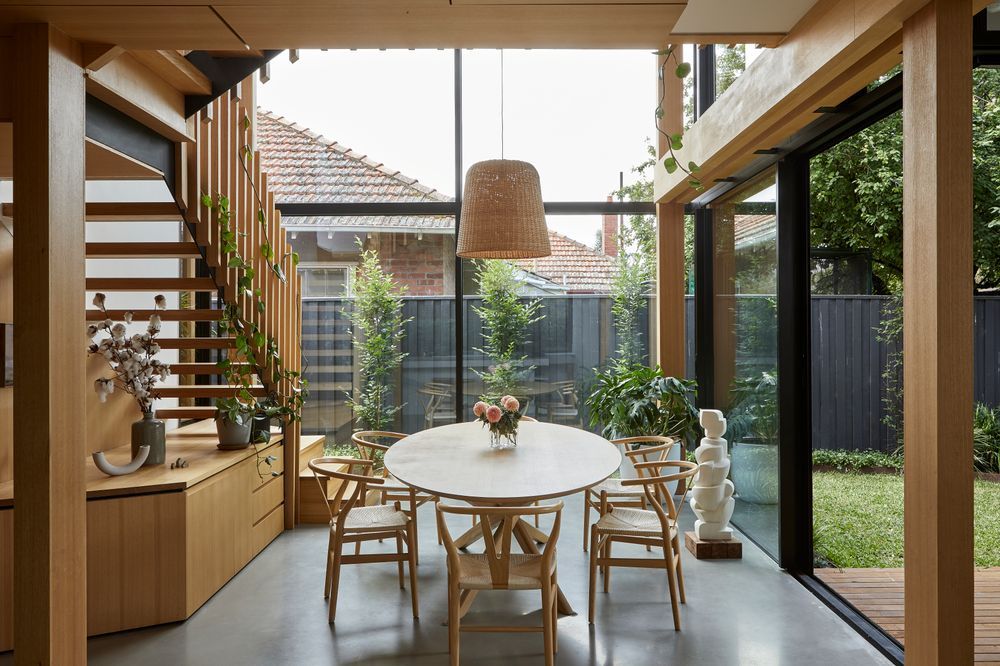
Frequently Asked Questions
What tends to be more cost-effective: rebuilding or renovating?
The cost-effectiveness of rebuilding versus renovating depends on various factors such as the current condition of the property, the extent of required changes, and local construction costs. While renovating might seem cheaper upfront, extensive renovations might end up costing more than rebuilding. It's essential to obtain quotes for both options and assess the long-term value and benefits.
How do I decide whether to rebuild or renovate if both options seem feasible?
Beyond cost, other factors come into play, such as emotional attachment to the property, historical or architectural significance, the timeframe for completion, and future resale value. If you're leaning towards renovation because of a home's sentimental value, consider its structural integrity. Consulting with professionals like architects, builders, and real estate agents can offer valuable insights.
How does each option impact property taxes?
In Australia, both rebuilding and renovating can influence council rates due to potential changes in property valuation. A complete rebuild might lead to a re-evaluation of property value by the local council, potentially resulting in higher rates. Similarly, substantial renovations that increase a home's size or value can also lead to rate increases. Minor renovations typically have a lesser impact on rates. Additionally, while stamp duty isn't a concern when rebuilding or renovating on one's own land, it becomes relevant if purchasing a new property for either purpose. Before proceeding with major property changes, it's prudent to consult local councils or property experts to gauge tax implications.
Does renovating or rebuilding affect my home insurance rates?
Both renovating and rebuilding can affect home insurance rates. A renovated home with modern electrical, plumbing, and safety features might result in lower insurance premiums. However, a complete rebuild could either raise or lower rates depending on the materials used, the home's new value, and its compliance with current building codes. Always consult with your insurance provider before making major changes to get an understanding of potential rate shifts.



